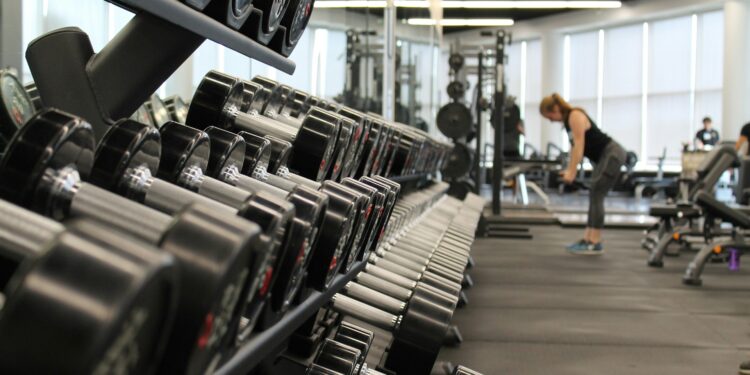Fitness meets focus.
A recent study highlights the lasting benefits of physical exercise on memory, suggesting that even moderate to vigorous activity can boost cognitive function for up to a day afterward. Researchers found that middle-aged adults and seniors performed better on memory tests a full day after engaging in activities that increased their heart rate. This challenges the previous understanding that the cognitive benefits of exercise only last for a few hours post-workout.
The study, led by Mikaela Bloomberg of University College London, focused on physical activities like brisk walking, dancing, or climbing stairs, all of which can enhance heart rate. The research suggests that the short-term memory benefits from such activities can extend beyond the immediate period after exercise, potentially improving memory the next day.
Additionally, the study found that the benefits of physical activity were even more pronounced for those who also slept well the night before and avoided prolonged sedentary behavior. The research indicates that physical activity increases blood flow to the brain and triggers neurochemical changes that support various cognitive functions. These changes typically last for several hours, but the study’s results suggest that some of these effects might be sustained for up to 24 hours.
To investigate the effects further, 76 participants wore activity trackers for eight days, monitoring their levels of physical activity, sleep, and sedentary time. The study also involved daily cognitive tests to see how their previous day’s activities impacted their brain function. The results revealed that more active participants demonstrated improved short-term and long-term memory, while those who spent more time sitting had poorer memory performance.
The study, published in the International Journal of Behavioral Nutrition and Physical Activity, underscores the importance of both physical activity and sleep in supporting cognitive health. Although exercise’s impact on reducing long-term cognitive decline is well-documented, the researchers note that further studies are needed to confirm whether short-term improvements from physical activity contribute to long-term cognitive benefits.

































Discussion about this post